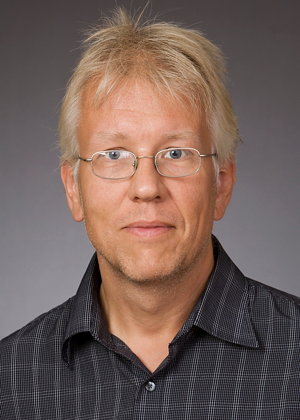AUTOSAR is a software component standard for the automotive industry. It offers concurrency, communication, distribution and real-time facilities in a platform-neutral format, but notably lacks a specification rigorous enough to facilitate simulation and testing in a composable and platform-independent way.
This talk will give an overview of the AUTOSAR semantic formalization carried out in the RAW FP project at Chalmers University of Technology, and show how it has been concretized as a Haskell DSL that is executable on any major platform under simulated real time. While the formalized semantics captures every possible direction an AUTOSAR system can evolve in, the embedded DSL defers scheduling decisions to a pluggable procedure that can select among all legal execution paths. This feature has been put to good use in an AUTOSAR simulator with random scheduling, that has the ability to reveal race conditions much faster than the partially deterministic scheduler found on typical AUTOSAR platforms.
A non-trivial automotive system in the form of an ABS implementation will be used as a running DSL example, and a comparison against real AUTOSAR code will illustrate the amount of AUTOSAR validation checks that can be captured using the Haskell type system alone. Some ambiguities and dubious features of the AUTOSAR specification will also be emphasized, together with suggested paths forward – for the standard as well as for the use of Haskell in resource-constrained industrial settings.
Johan Nordlander holds a Ph.D. from Chalmers University of Technology in 1999, and is currently dividing his time between a research position at Chalmers and his work as a network management consultant for Data Ductus AB. His research interests lie in the fields of formal semantics, real-time constraints, programming language design, and type systems. Nordlander has been deeply involved in the TIMMO and TIMMO-2-USE projects, that provided the foundation for the Timing Extension of the AUTOSAR standard. As a software professional, he is mostly engaged in developing tools and techniques that support software-defined networking.
